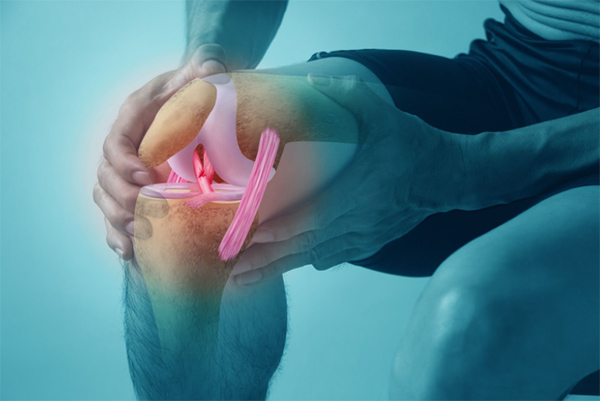
Recovering from an ACL injury is a major milestone for any athlete or active individual. While surgical techniques and rehabilitation protocols have advanced dramatically, one lifestyle factor continues to undermine success—smoking. With November marking the Great American Smokeout, it’s the perfect time to highlight how smoking can derail recovery after knee surgery.
How Smoking Impairs ACL Healing
After ACL reconstruction, the body must heal the graft and integrate it into the surrounding bone and soft tissues. This process depends heavily on oxygen, nutrients, and healthy blood circulation—all of which are compromised by smoking.
Nicotine constricts blood vessels, reducing oxygen delivery to the healing graft. Carbon monoxide in cigarette smoke further lowers oxygen levels in the bloodstream, while other toxins disrupt collagen formation. Since collagen is a key structural protein in ligaments, impaired production weakens the integrity of the reconstructed ACL and slows down the biological healing process.
Evidence Linking Smoking to Graft Failure
Several studies have shown that smoking negatively affects ACL graft healing and long-term stability. Notably, a recent publication reported that smokers were nearly three times more likely to experience graft failure compared to non-smokers.1
Smokers also tend to show poorer knee stability, slower strength recovery, and reduced performance during rehabilitation. MRI studies have revealed delayed graft maturation in smokers, meaning the new ligament tissue takes longer to remodel and integrate properly. This delayed biological healing can lead to micro-instability and, over time, graft failure.
The Impact Beyond Surgery
The consequences of smoking extend beyond the surgical site. Chronic nicotine use impairs bone metabolism and weakens the immune system, increasing the risk of infection and tunnel widening around the graft. It also affects muscle recovery, making it harder for patients to regain full function and confidence in their knee.
For athletes and active patients, these setbacks can delay their return to sport and raise the risk of re-injury. In contrast, non-smokers typically demonstrate faster recovery, better knee stability, and longer-lasting surgical results.
Smoking Cessation to Support Knee Surgery Recovery and Long-Term Knee Health
If you’re planning ACL reconstruction or recovering from one, quitting smoking, even temporarily, can dramatically improve your outcomes. Enhanced blood flow, faster graft healing, and reduced complication rates all contribute to a stronger and more stable knee.
As a fellowship-trained orthopedic surgeon specializing in sports medicine and knee preservation, Dr. Mithoefer provides cutting-edge treatments, including Bridge-Enhanced ACL restoration (BEAR) that promote optimal recovery and long-term joint health. Book an appointment today to discuss your knee concerns and explore the best path to lasting stability and performance.
AUTHOR:Kai Mithoefer, MD is board-certified in both Orthopedic Surgery and Orthopedic sports medicine specialist. Dr. Mithoefer is an internationally recognized specialist for complex shoulder and knee injuries with over 15 years of experience in the treatment of sports-related injuries. Dr. Mithoefer practices at Boston Bone and Joint Institute and has published more than 100 scientific articles and book chapters, and is a frequent speaker at national and international orthopedic meetings.
Reference:











